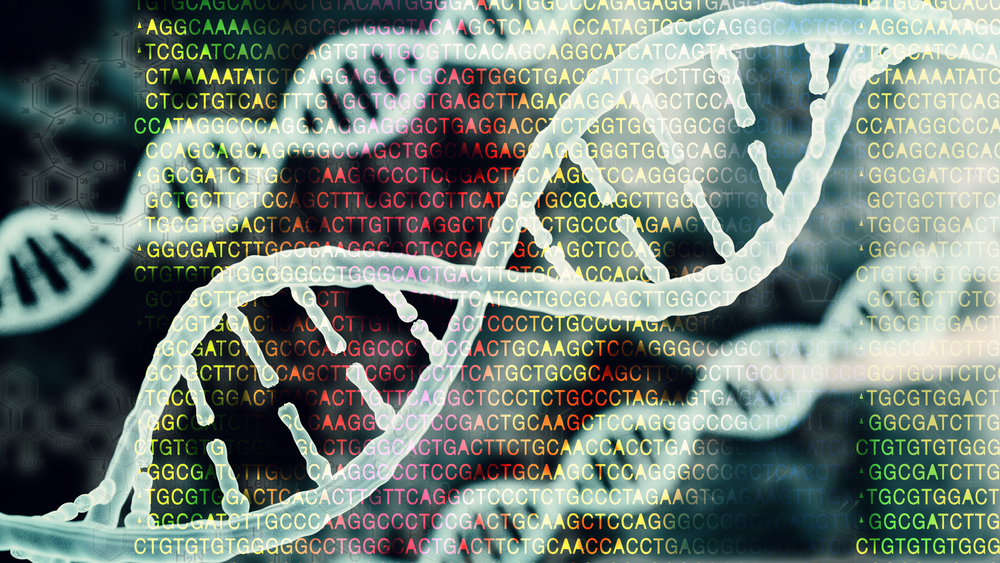Mutations in BMPR2 Gene More Common in Men with PAH, Study Reports

Men with pulmonary arterial hypertension (PAH) are more likely to carry mutations in the BMPR2 gene, a known genetic risk factor for PAH, a study from China found.
Male PAH patients had more severe disease and were diagnosed at younger age than women. The results support the therapeutic potential of restoring BMPR2 function to lessen PAH symptoms in men with the disease.
The study, “Gender differences in pulmonary arterial hypertension patients with BMPR2 mutation: a meta-analysis,” was published in the journal Respiratory Research.
PAH is caused by both environmental and genetic factors. Mutations on the bone morphogenetic protein receptor type II (BMPR2) gene are the most frequent genetic alterations found in PAH patients.
Almost 300 BMPR2 mutations have been identified as the cause of 55% to 70% of familial PAH, and 11% to 40% of idiopathic PAH. Research has shown that PAH patients without mutations in the BMPR2 gene can still have the BMPR2 signaling pathway impaired.
Despite the established role of BMPR2 mutations in PAH, only 20% of carriers develop the disease, which indicates that “our understanding of the specific mechanisms of BMPR2 in PAH is incomplete,” the researchers wrote.
Moreover, PAH incidence and severity has a striking gender difference that researchers are still trying to explain. Evidence suggests that women are four times more likely than men to develop PAH, but men have worse outcomes.
A team led by researchers at Nanchang University in China investigated whether the prevalence of BMPR2 mutations differs in men and women with PAH.
They performed a meta-analysis of 17 studies, all clinical trials, published from 2006 to 2018. In total, the studies enrolled 2,198 PAH patients, out of which 681 (30.98%) carried BMPR2 mutations (1,517 were non-carriers). Within the total population of patients, the majority (1,554) were women, and 644 were men.
Among carriers of BMPR2 mutations 457 were women, compared with 224 men. Among non-carriers, 1,097 were women, and 420 were men.
Patients with idiopathic PAH or familial PAH carrying BMPR2 mutations had more severe outcomes in blood (hemodynamic) and functional parameters. These patients were also diagnosed at a younger age.
The analysis showed that men with PAH carried more BMPR2 mutations (34.78%) than women (29.41%).
Carriers of BMPR2 mutations had higher mortality and lung transplant rates. Researchers calculated the risk of death or the need for a transplant, and saw that the risk was 2.15 times higher for BMPR2 mutation carriers than for those without mutations. This risk was significant only in men with PAH, and not in women.
The data confirm that BMPR2 mutations are relevant for PAH, and show that these alterations influence female and male disease differently.
Overall, the results suggest that among patients with idiopathic PAH or familial PAH, “men are more likely to have BMPR2 mutations, which may predict more severe PAH indications and prognosis,” researchers wrote.
“Given the findings of our meta-analysis results, we speculate that the therapeutic effects of restoring BMPR2 expression may be better in male than that in female PAH patients,” they wrote.







